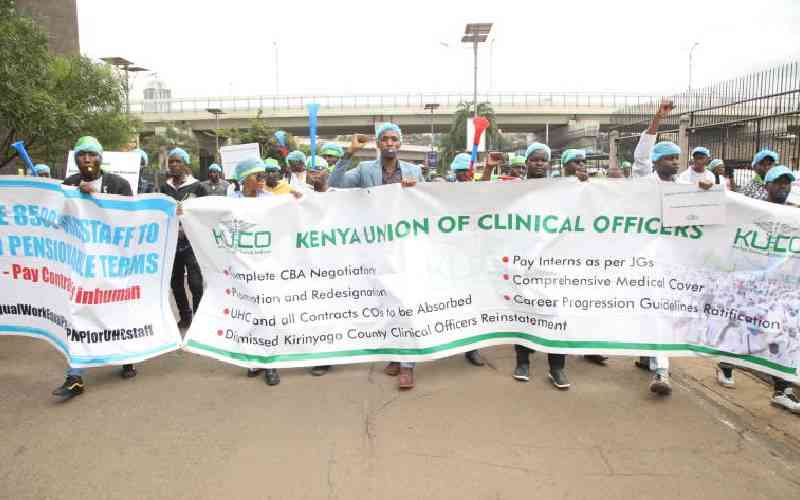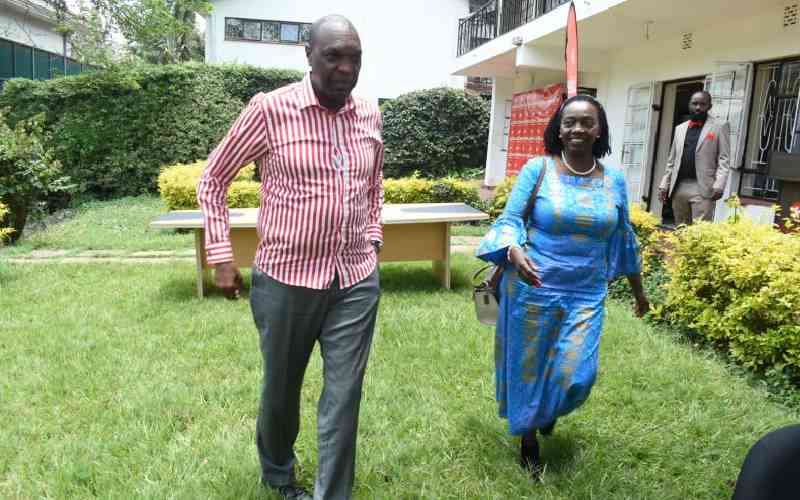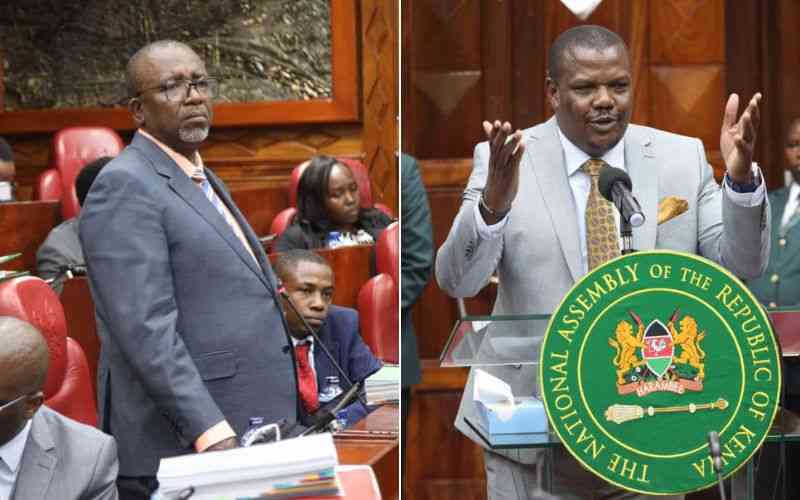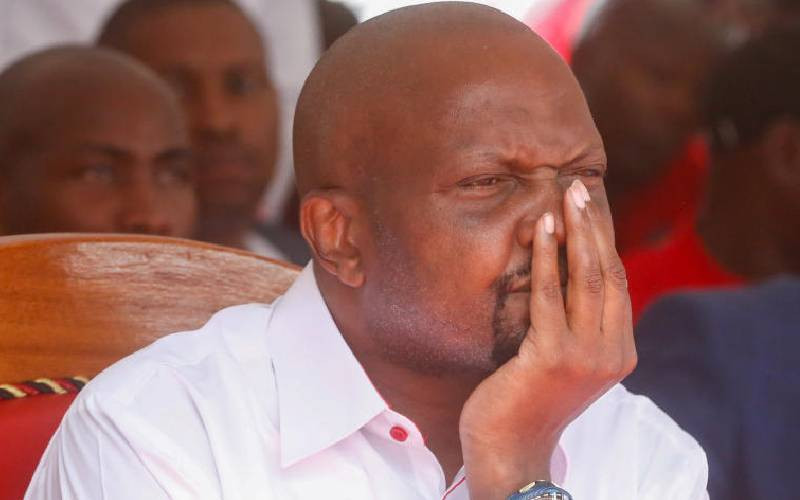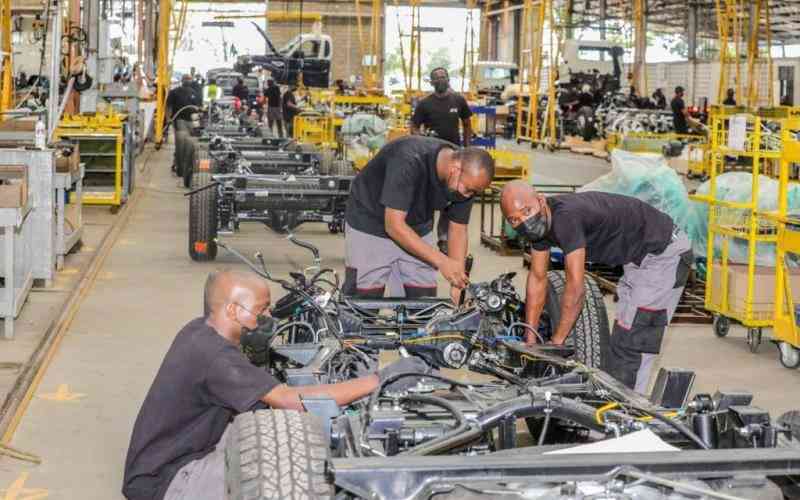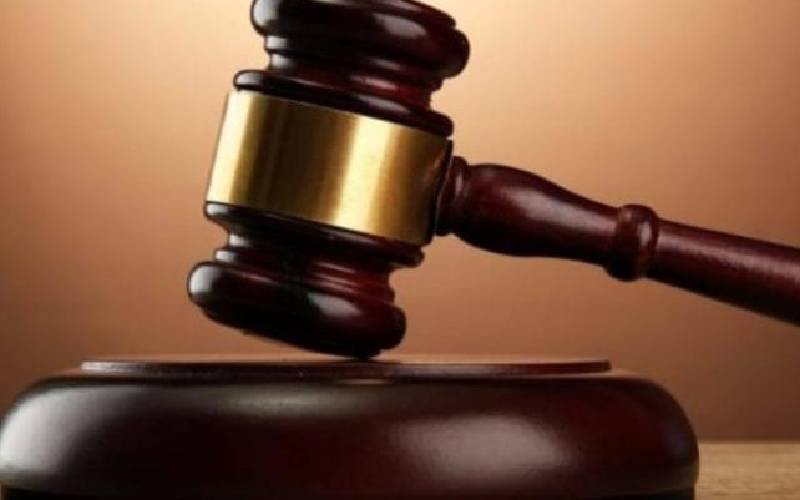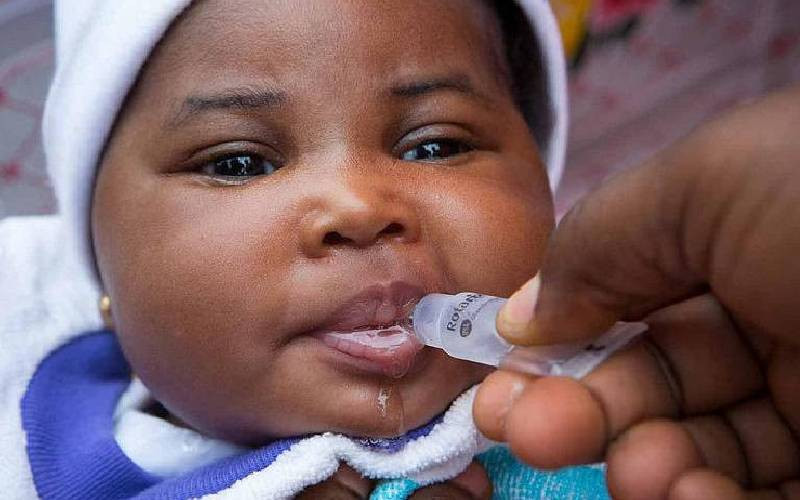By Juma Kwayera
They called themselves the Family or Nyumba. But inside the brotherhood gravitating around President Jomo Kenyatta there was a savage hunger for opulence.
The hunger created two classes of the super rich and an army of lowdowns.
After his death on August 22, 1978, Kenyatta left behind a gang of “political orphans” determined to stop retired President Moi from ascending to power.
Three decades on, little is said about the clique that ‘owned’ Kenya. Neither have their children attempted to stake a claim in the country’s political sphere.
The ‘Family’ was Kenyatta’s Kitchen Cabinet. Some of them ruled Kenya with impunity and maintained a tight leash on national politics and economy. The effects are still felt today.
It consisted of a former Minister of State in the Office of the President Peter Mbiyu Koinange, former Defence Minister James Gichuru, Munyua Waiyaki, Dr Julius Gikonyo Kiano and former Minister of State Njoroge Mungai, who doubled as Kenyatta’s physician.
The business community was represented by Stanley Munga Githunguri, now Kimbaa MP, who was chief executive of the National Bank of Kenya and Njenga Karume, who lost to the former in last year’s General Election.
Karume and Githunguri were founders of Gema (Gikuyu, Embu, Meru Association), which in practice represented the interests of the ‘Family’. It is estimated this clique owns more than 500,000 acres of land.
Three decades after Kenyatta’s death, the mess the ‘Family’ wrought on the country is still evident. This year’s post-election violence being the nadir of the nation’s politics.
However, one thing stands out: Their legacy has been an impediment to the families that wielded political and economic power at the time, save for Kenyatta’s son, Uhuru Muigai.
Were it not for former President Moi, it is widely believed even Uhuru would have given politics a wide berth.
“The child will pay for the sins of his father and for Kenyatta’s Kitchen Cabinet. This is the moment of reckoning for their families,” says former Nyeri Town MP Wanyiri Kihoro.
As the country marks the 30th anniversary of Kenyatta’s death, history appears to have shunted members of the ‘Family’.
Their children, Kihoro says, missed an opportunity to correct the ‘wrongs’ of their parents.
Stay informed. Subscribe to our newsletter
“History judges us harshly when we make mistakes. From the onset, they had a limited vision of the country. The nation’s interests were subordinate to theirs, which is why they went on a wealth-amassing spree,” Kihoro observes. Kihoro, a human rights lawyer and author who has published extensively on local politics, says the ‘Family’ failed the country.
The group sprung up after independence amassed wealth and power, and grabbed land and plum jobs.
Kihoro says the group initiated a system where national resources could not be distributed equitably. Former Kabete MP Paul Muite says the group planted the ‘First Sin’, which latter generations are paying for.
“They had power and called the shots. Mbiyu Koinange was Kenyatta’s bosom friend and is responsible for the mess we are in,” Muite says.
Like Kihoro, Muite is of the opinion had Koinange not happened on the political scene, Kenyatta would have been a better leader.
But why are children of these great Kikuyu leaders not interested in politics except Uhuru Kenyatta?
“It is a question I would rather not an answer. I cannot explain it,” said Muite.
Kihoro says: “Would they have the courage to solicit for support from voters? Most of them are managing their parents’ property.”
Peter Mbiyu Koinange
He died in 1981, three years after Kenyatta’s death. However, his reign as the “Kissinger of Kenya” when he was minister in the Office of the President is synonymous with the political excess of the Kenyatta regime.
Henry Kissinger was US secretary of State associated with the superpower’s despised ‘gun diplomacy’.
Kihoro and Muite concur the once powerful minister, also Kenyatta’s brother in-law, was the face of dirty politics.
“He did not brook any criticism of Kenyatta. He was the angel who invented the devil by ignoring economic reforms and nationalism,” Kihoro told The Standard on Sunday last week.
Koinange, who represented Limuru in Parliament, was among first Kenyans to obtain bachelor and masters degrees.
He spent his years of exile in Britain and in Ghana, where he was adviser on international affairs to Ghana’s founding President Kwame Nkrumah.
A February, 1960 Time magazine, said Koinange was co-opted into the struggle for freedom as a counterweight to youthful trade unionist Tom Mboya by Kenyatta and Nkrumah, who viewed him as an upstart rival.
James Gichuru
He would have been President had he not surrendered the chairmanship of Kikuyu African Union, which later became Kenya National African Union (Kanu) in 1946, to Kenyatta on his return from studies abroad.
He also did the same when Kenyatta was released from detention in Kapenguria.
Although a member of the Kitchen Cabinet, people who knew him, say he was not imbued with greed characteristic of his colleagues.
Muite says Gichuru was a down-to-earth leader and loyal to the country.
“He was independent-minded and indulged in the excesses of the Kenyatta regime. He loved his drink, but never went to posh hotels and his friends were his driver and the voters,” he says.
Gichuru was Kenya’s first Finance minister and also held the Defence portfolio. In his autobiography, Walking in Kenyatta’s Struggles, Duncan Ndegwa, describes Gichuru a chronic alcoholic in his sunset days.
A common thread in the ‘Family; is the obscurity of the offspring. “No one knows for sure the children of Kenyatta’s henchmen. All I remember of Gichuru’s children is he had a son and three daughters,” Muite says, but does not know where they are.
A number of Kiambu leaders The Standard on Sunday talked to remember Gichuru’s daughter Dorcas Ndungi, but none know her whereabouts.
“Power never got into Gichuru’s head and his family lived a modest life unlike Kenyatta’s other men,” says Kihoro.
Gichuru died in 1979.
Julius Gikonyo Kiano
Like Gichuru, Dr Julius Gikonyo Kiano was a moderate member of the ‘Family’.
At independence, says Kihoro, “he set out to empower the people of Murang’a economically, but failed to engage nationally.”
Kiano’s contemporaries, view him as a traitor of sorts. Muite says when Jaramogi Oginga Odinga refused to accept the presidency from the British until Kenyatta was released from detention, Kiano, then a member of the Legislative Council or Legco (a precursor to parliament), had accepted the mantle.
“It was Odinga who twice persuaded Kiano to decline the offer by the British to press for Kenyatta’s release,” Muite says.
Kiano’s wife, Jane was a founder member of the Maendeleo Ya Wanawake Organisation, which was supposed to address issues related to women’s economic and social empowerment. However, it was transformed into a well-funded political machine for the Kanu governments until 1992.
Kiano’s influence in national politics vanished at his death in August, 2003, and his six children are hardly known in politics.
 The Standard Group Plc is a
multi-media organization with investments in media platforms spanning newspaper
print operations, television, radio broadcasting, digital and online services. The
Standard Group is recognized as a leading multi-media house in Kenya with a key
influence in matters of national and international interest.
The Standard Group Plc is a
multi-media organization with investments in media platforms spanning newspaper
print operations, television, radio broadcasting, digital and online services. The
Standard Group is recognized as a leading multi-media house in Kenya with a key
influence in matters of national and international interest.
 The Standard Group Plc is a
multi-media organization with investments in media platforms spanning newspaper
print operations, television, radio broadcasting, digital and online services. The
Standard Group is recognized as a leading multi-media house in Kenya with a key
influence in matters of national and international interest.
The Standard Group Plc is a
multi-media organization with investments in media platforms spanning newspaper
print operations, television, radio broadcasting, digital and online services. The
Standard Group is recognized as a leading multi-media house in Kenya with a key
influence in matters of national and international interest.


